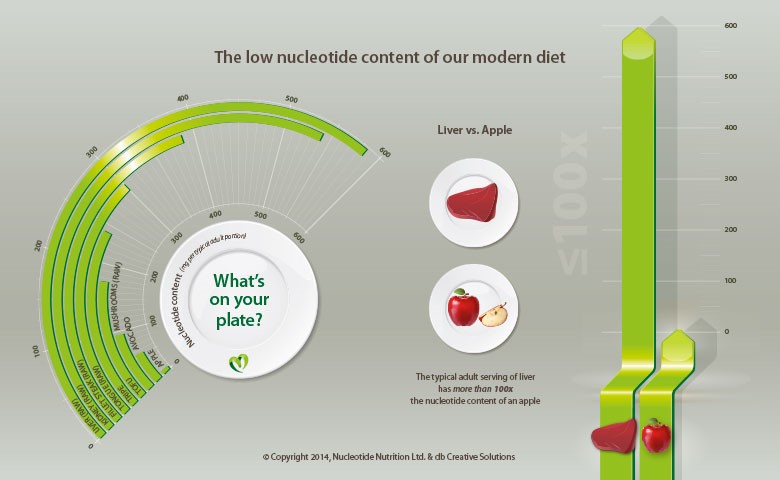In the period between 1993 and 2013 obesity increased in the UK from around 15% of the population to nearer 25 %. As result there is increased scrutiny to food composition and health, most recently with the launch of the Action on Sugar campaign and the Scientific Advisory Committee on Nutrition (SACN) report on carbohydrates and health. Which you can read here. all 366 pages of it. During the same period food wastage also became an increasing issue.
The last 20 years has also seen an increase in the association between health and food supported by a detailed research. This has resulted in a focus on each of the ingredients and their role in the nutritive delivery.
The ultimate outcome from the SACN report will be a redefining of free sugars in line with consumer reaction to their growing awareness of added sugar and an increase in the recommended daily values for fibre. The hope is that this push to holistic healthy reformulation will create a healthier food and beverage landscape so we can continue our ‘enjoyment’ of food….
However as the availability of calories has increased in recent years and in the developed world we have consumed them to excess to the detriment of our health.
Obesity is a sociological problem rather than the fault of a single demon ingredient.
The end of post war rationing period saw a generation rewarded by better food quality, innovative food processing, improved supply chains and a generation wanting their progeny to have everything they didn’t…. doesn’t every parent, and who could forgive the baby boomers?
Food Innovation saw longer shelf life foods, microwaves and the nuclear family gathered around the devil in the corner with their TV dinners on their laps. After all Mum and Dad had both been to work so a rest was deserved. And on Saturday they’d drive to the supermarket to re-fill that freezer.
In this picture its easy to see how we all got fat, and with 20:20 hindsight, we would have made different choices 40 years ago. And hopefully we are seeing the tide of change.
But …..there is another problem that has come out of this period of greed.
We’ve become fat AND wasteful.
In the UK 7 million tonnes of domestic food and drink is thrown away every year, the majority of which could have been eaten. This costs the average family with children around £700 a year; £60 a month (WRAP, Love Food Hate Waste)! This demonstrates that the average consumer has no connection with the food they eat and don’t assign any value to it! Which is somewhat insulting to the hardworking producers.
It is also fair to suggest that this disconnection with food and its true value has been driven by a few factors – very similar to those that have catalysed obesity: availability, cheapness, supermarket value brands, lack of personal attachment to the pre-packed food on the table.
Engels law , which describes how the proportion of income spent on food decreases as a countries wealth increases, has also played a big part in the devaluation of food, which is leading to food wastage
Therefore the solutions to obesity and food wastage should not be separated and considered as a single indication of a greedy over consuming society with no real understanding of the value of food. Its crazy if you think about: for every 2000 calories an individual needs, we are consuming around 2200 and throwing another 300 in bin. Education is key and never before has the Chinese proverb read more true. “Give a man a fish and you feed him for a day. Teach a man to fish and you feed him for a lifetime.”On the bright side at least our frequent trips to the bin helps us get some exercise.
ref: http://england.lovefoodhatewaste.com/content/about-food-waste-1
Steve Osborn is Principal Consultant at The Aurora Ceres Partnership and works on a variety of Food Innovation themes such as food wastage, product development, reformulation, open innovation across a wide range of food industry sector




